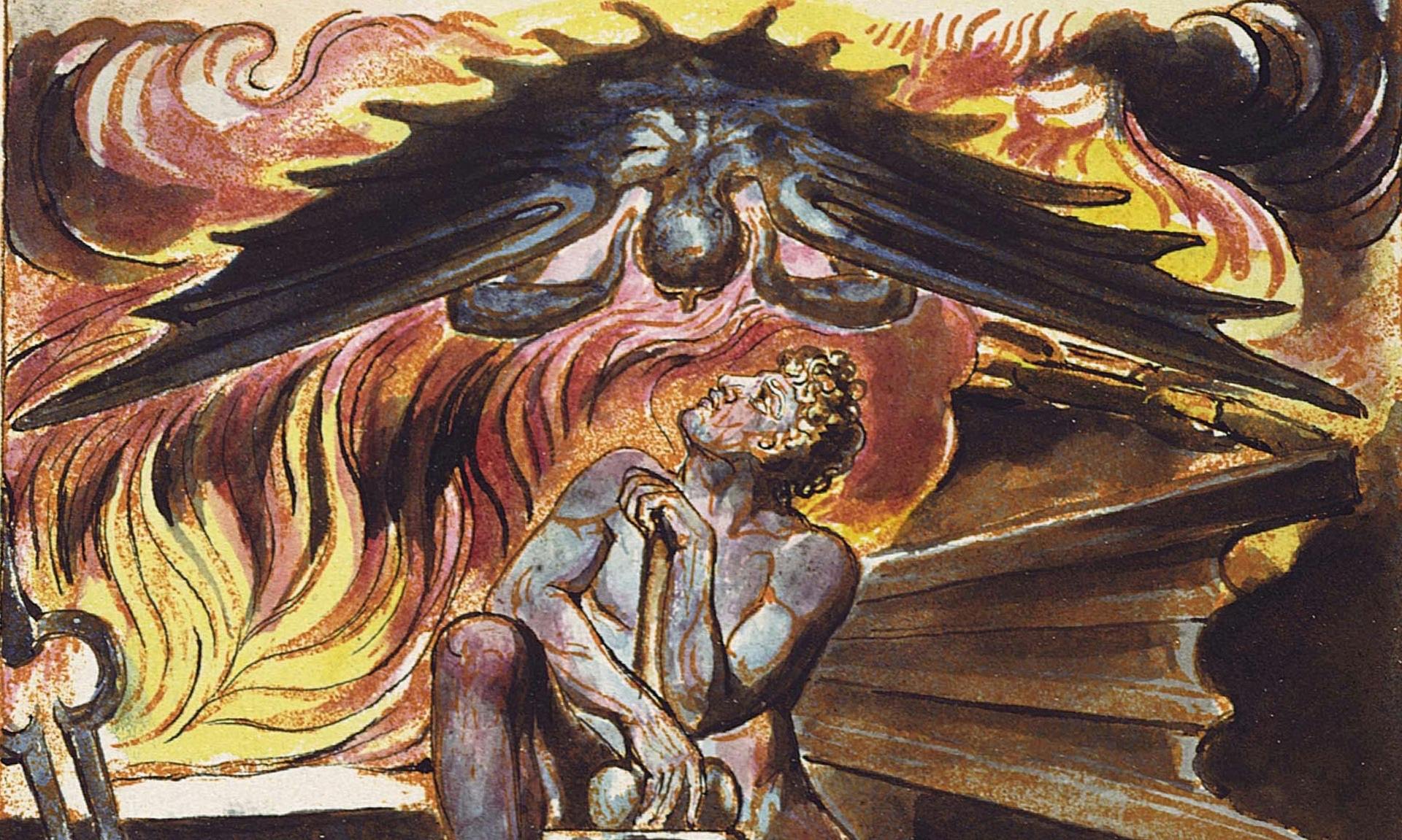

One of Perry’s characters is an academic who collects accounts of encounters with Melmoth through the ages, from Civil War England to Ottoman Turkey to Nazi-occupied Prague. However, it seems she has a predilection for moral neutrality in all its forms and gradations. You’d imagine, perhaps, that Melmoth would be mostly interested in the more obviously evil actions-murder, stealing from the poor, spreading fear and hatred, hacking elections, etc.
/cdn.vox-cdn.com/uploads/chorus_image/image/61841145/Melmoth_cover.0.jpg)
When you hit the very bottom of your own personal moral rock-bottom, Melmoth will freeze time, approach you, and attempt to seduce you into joining her in her ceaseless wanderings for as much as you have left to live. When you do something that you known is bad and you feel a prickling at the back of your skull, it may be your conscience, but most likely it’s Melmoth watching. Melmoth is a beautiful woman dressed in black from head to toe, whose feet are bloody from all the walking she has done and must do to keep track with human wrongdoing. In Perry’s novel, Melmoth was one of the women who saw Jesus rise from his grave, but subsequently denied what she’d witnessed as punishment, Perry imagines that she’s condemned to live forever, forever keeping watch on all the bad things mortals do, be they petty or profoundly evil.


Many of the characters in Sarah Perry’s latest novel, Melmoth, would also belong here. The ranks of these non-sinning sinners include Pope Celestine V, who many thought would reform the Church for good but then chickened out and abdicated, and all those angels who didn’t pick either God or Lucifer’s side at the time of Lucifer’s rebellion. he forces them to be slavishly devoted to something, which they never were in life) he imagines wasps and horseflies constantly biting and stinging them (to make up for the fact that conscience never stung them, or didn’t sting them enough, in life) and he imagines that they all look alike (because the fact that they never made important choices in life makes them all interchangeably bland). He places them in a region of the underworld that’s at the threshold of Hell but isn’t technically Hell (after all, they didn’t technically sin) he makes them run around for eternity after a blank banner that flies about all over the place (i.e. In the Inferno, Dante punishes the souls of the morally neutral in a particularly demeaning fashion.


 0 kommentar(er)
0 kommentar(er)
